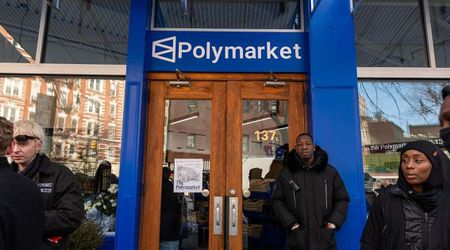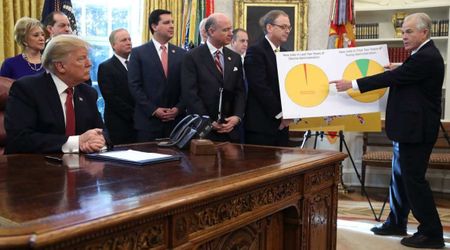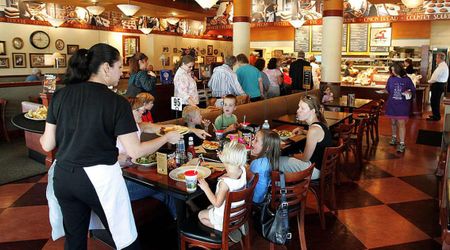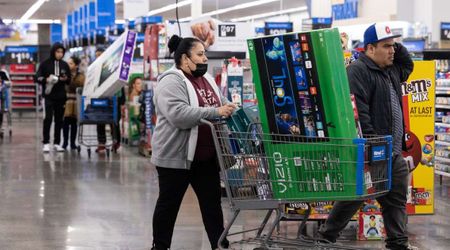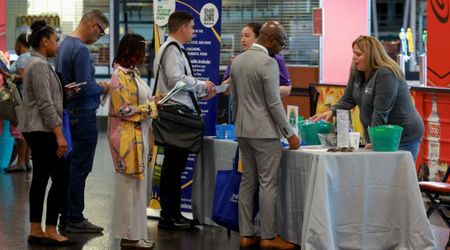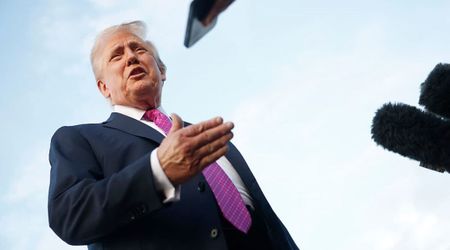Debating Delivery Etiquette, Customer Questions DoorDasher's Tip Tactics

In the age of digital platforms facilitating everyday tasks like food delivery, the issue of tipping has become increasingly nuanced and contentious. A recent incident involving a DoorDash delivery driver's request for an additional tip has ignited a conversation about tipping etiquette concerning such services.

Mia Mosley, from Atlanta, Georgia, shared her experience on the internet, sparking a heated conversation about tipping practices. On March 6th, she received a message from her DoorDash driver, after the delivery, requesting an additional tip. The message read, "Hello! It's my birthday today! If you'd like to add a special touch, you can leave a tip for your Dash driver on the Cash App.
"I was honestly surprised by how bold someone could be to ask for more money on top of a tip. I just found it extremely unprofessional and ungrateful of what I already gave her," Mosley told Newsweek.

Mosley's reaction is reflective of a broader sentiment shared by many consumers who perceive such requests as unprofessional or even entitled. The expectation of a tip, beyond the customary gratuity, raises questions about the boundaries between service and solicitation.
"Tipping on our platform is always optional, and Dashers keep 100 percent of the tips they receive. There is not currently a policy in place that prohibits Dashers from discussing tips," DoorDash said in response.

The incident resonated with many Reddit users after Mosley shared her experience on the r/DoorDash subreddit. "The tip-begging thing is getting ridiculous," a user commented. "Immediately report any tip beggars in any way," wrote another.
A different user commented, "Sorry, but I would just ignore it. Or if I'm feeling petty, I'd report it. unprofessional, tbh." Some even suggested a different course of action: "If anyone sends you their CashApp like this, instead of sending them money I like to request money from them instead," wrote one commenter.
The consensus among commenters was clear: soliciting additional tips crosses a line and undermines the professionalism expected from service providers.

Mosley's case is not an isolated one. The debate over tipping has been ongoing, with increasing criticism of American tipping culture, where many service workers rely on tips due to low wages. According to the Bankrate survey, only 35 percent of Gen Zers reported always tipping at sit-down restaurants, compared to 83 percent of baby boomers. Similarly, for food delivery services like DoorDash, only 31 percent of Gen Zers stated that they always tip.
This trend has caused frustration among many in the service industries, especially considering the lower minimum wage for tipped employees. Under the Fair Labor Standards Act (FLSA), businesses are only required to pay tipped employees $2.13 per hour, provided their combined wages and tip income meet the federal minimum wage of $7.25.






